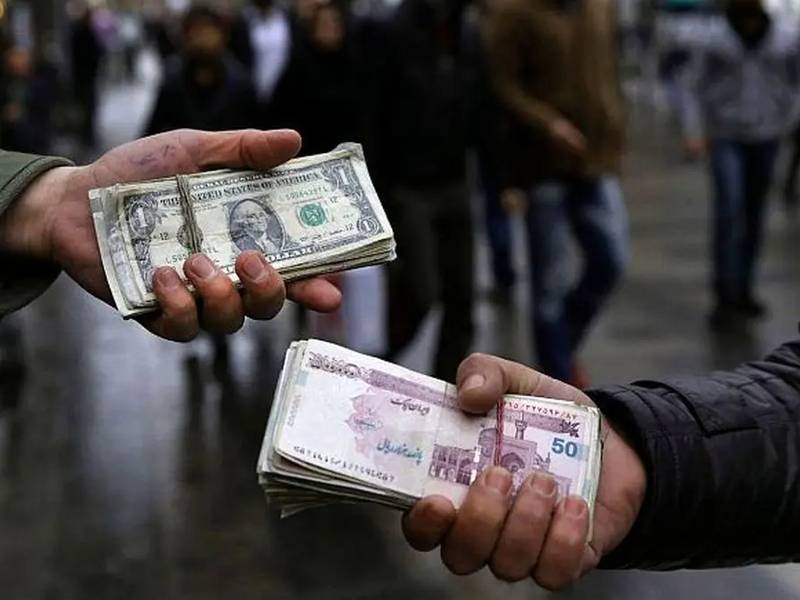Iran's First Vice President Mohammad Mokhber says the government is committed to addressing the issue of food security amidst the nation's economic challenges.
"One of the main concerns of the government since the removal of preferential exchange rate currency has been focusing on the people's food basket to exert less pressure on them, especially the lower decile of society," he said.
"The government has tried to adequately supply the people's essential food basket," he added.
The official exchange rate of the Iranian rial, subsidized by the state, stands at 285,000 rials per US dollar, significantly lower than the open market rate. The official rate is exclusively utilized for importing essential goods, aiming to shield Iranian consumers from sudden and dramatic price increases due to sanctions.
Mokhber's remarks come in the wake of Iran's currency hitting a historic low of 613,500 rials to the dollar, coinciding with celebrations for the Persian New Year. The sharp depreciation has sparked concerns among citizens, leading many to seek refuge in foreign currencies to safeguard their savings and investments.
However, skepticism persists among Iranians regarding the government's mishandling of economic policies. Masoud Pezeshkian, a parliamentarian, criticized the failure to fulfill promises of curbing inflation, which continues to plague the populace.
"It was planned for inflation to first halve and then become single-digit, but not only did it not halve, it has increased several hundred times." He added, "People are living with difficulty, and we have not acted on the slogans we raised about justice."
Iran's economy has grappled with persistent inflation exacerbated by international sanctions and domestic economic mismanagement. Sanctions have constrained Iran's access to global markets, leading to shortages of essential goods and currency devaluation.

